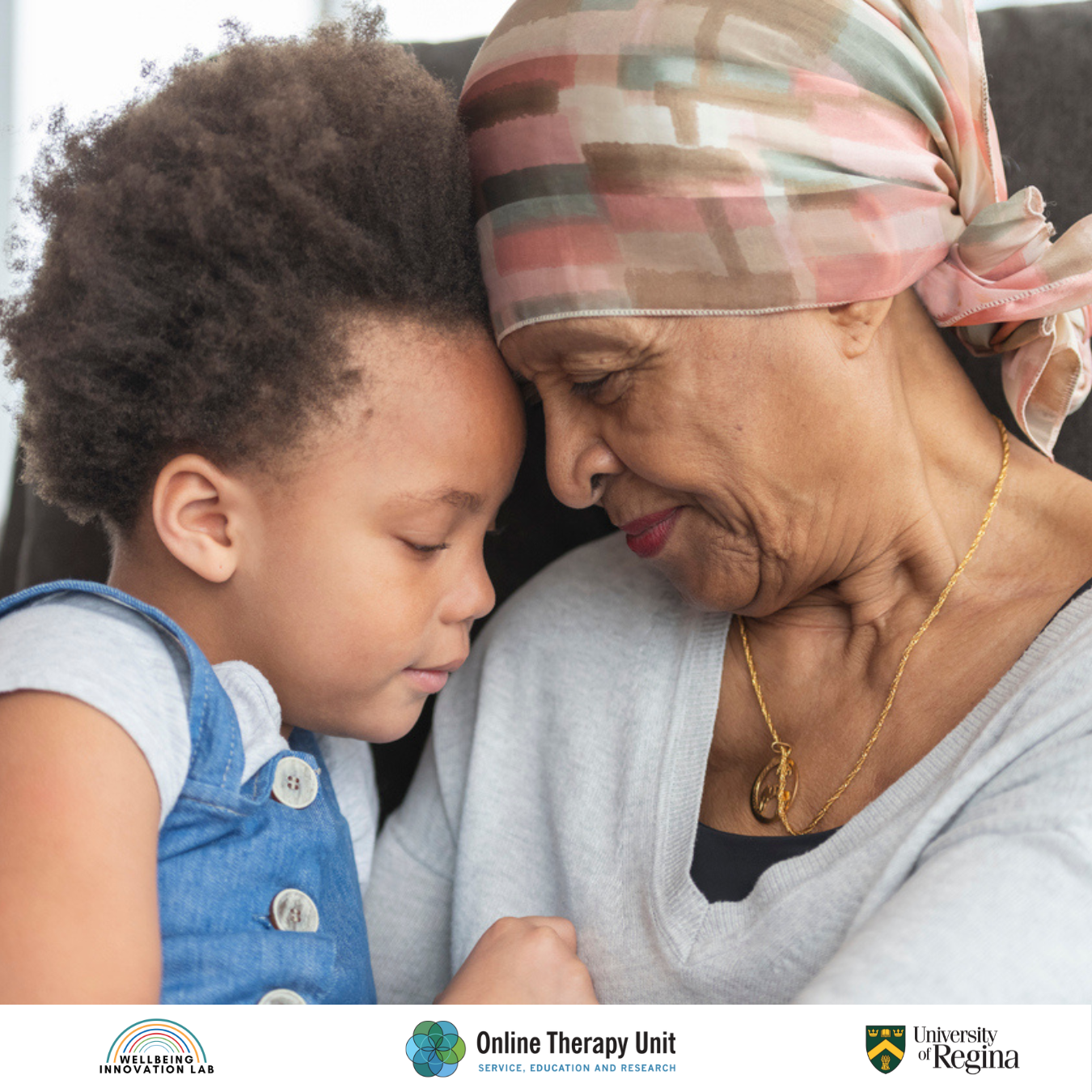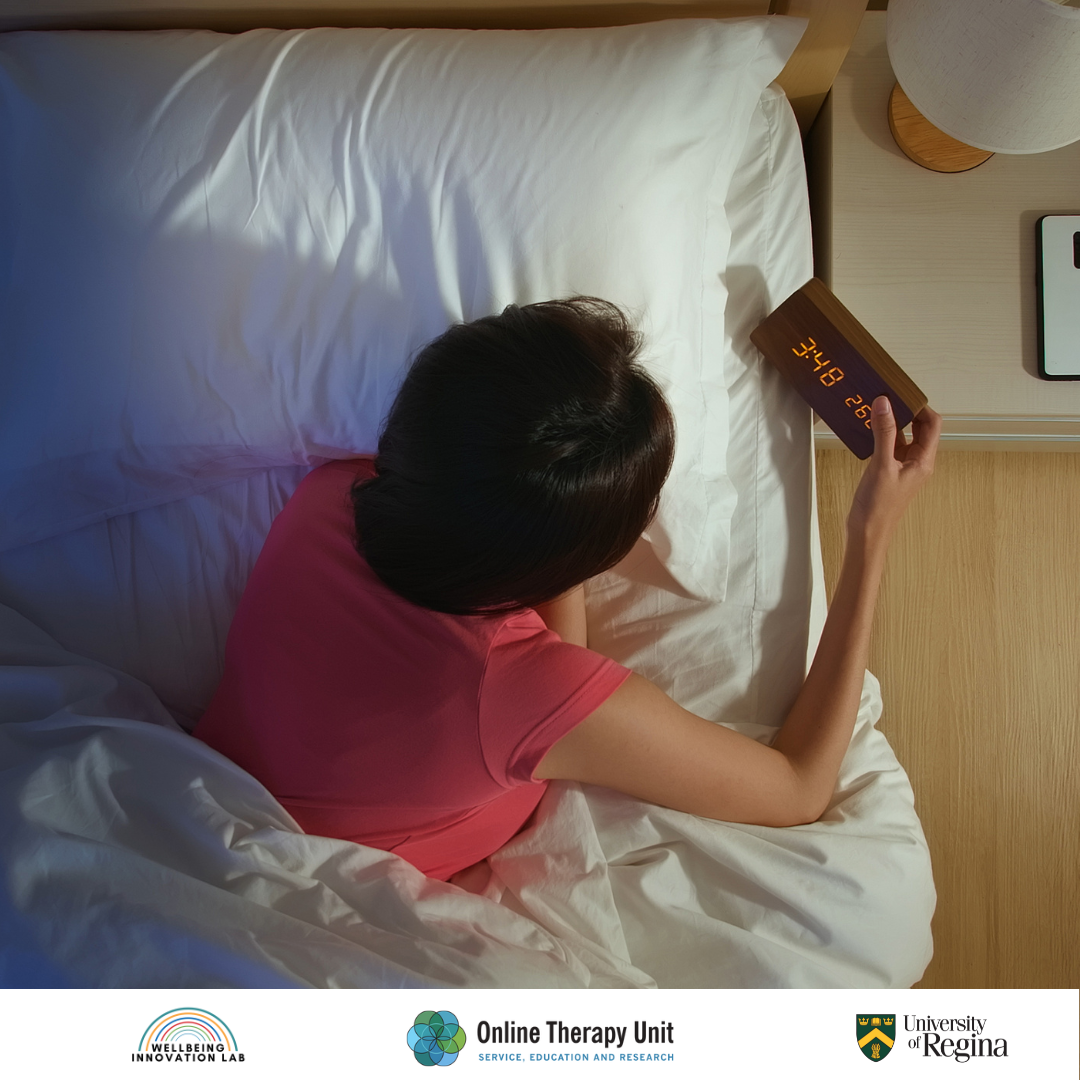Efficacy of Internet-delivered cognitive behavioural therapy following an acute coronary event: A randomized controlled trial
Doctoral Dissertation Results, Luke Schneider 2019
Depression and anxiety are common after a heart attack or other acute cardiac event, however, evidence-based mental health interventions are not routinely available in cardiac rehabilitation programs. The focus of this study was to explore the effectiveness and acceptability of the Cardiac Wellbeing Course: an Internet-delivered cognitive behavioural therapy program to help survivors of cardiac events manage depression and anxiety.
The Cardiac Wellbeing Course was offered between August 2016 to April 2018 to Canadians who recently experienced a cardiac event (heart attack or unstable angina) in the last two years. A total of 25 participants were enrolled in the course and their levels of depression, anxiety, physical activity, and quality of life were compared to 28 participants who did not receive the course.
Results of the study were favourable, such that large and statistically significant improvements in depression and anxiety were observed among participants who received the course. A rise in physical activity levels and quality of life was also observed among participants who received the course. Satisfaction with the course was high and a majority of participants (92%) completed the course.
The results of this study highlight the potential of the Cardiac Wellbeing Course to help people who have experienced an acute cardiac event to manage depression and anxiety. Future research should look at evaluating the Cardiac Wellbeing Course in a larger sample, preferably in a cardiac rehabilitation setting.
Initial perceptions of Internet-based cognitive-behaviour therapy for chronic pain among potential users: Examining interest, perceived barriers, and strengths
Masters Thesis Results, Luke Schneider 2013
Background:
Chronic pain is an important area of study given that 15 to 18% of the Canadian population will develop a chronic pain condition during their lifetime. One difficulty in the self-management of chronic pain is the lack of resources available for those who suffer from this condition. Although preliminary research has demonstrated Internet Cognitive Behaviour Therapy (ICBT) for chronic pain to be a viable treatment option, potential users’ initial perceptions towards this mode of delivery may pose a barrier for participation in such programs. The purpose of the study was threefold:
- To develop an ICBT perceptions questionnaire (ICBT-PQ) that captures the perceptions of potential users of the service
- To examine variables that may predict early perceptions of ICBT (e.g., age, sex, computer self-efficacy)
- To identify perceptions of what intervention features would be perceived by potential users as most desirable for ICBT
Methods:
Given the steps necessary to address the research questions, the overall project was divided into two studies. In study one, the ICBT-PQ was developed based on a comprehensive review of the literature and telephone interviews with 11 participants who had chronic pain. The preliminary version of the ICBT-PQ was then reviewed by researchers with ICBT experience and by a lay audience to ensure readability and acceptability.
In study two, a total of 129 people with chronic pain completed a web-based survey consisting of a demographic questionnaire, the finalized ICBT-PQ, and measures of computer self-efficacy and computer anxiety. Participants were predominantly female (82%), Caucasian (90%), middle-aged (average age = 47), and had chronic pain for an average of 12 years.
Results:
Through the factor analysis, the ICBT-PQ items were grouped into two categories: statements of potential ICBT strengtdhs and statements of potential ICBT limitations.
The majority of participants endorsed ICBT strength statements and disagreed with ICBT limitation statements.
| ICBT strength statements that participants most agreed with | ICBT limitation statements that participants most disagreed with |
| “ICBT is important for patients who have difficulty moving or getting around” “ICBT is important for patients who have a hard time attending appointments for various reasons” “ICBT is important for patients who live in rural areas” “People with a high school education could use ICBT” | “If I used ICBT I would worry about the security of my personal information” “If I used ICBT I would worry about getting a computer virus” “ICBT is not necessary because there is already enough information available on chronic pain management on the Internet” “If I used ICBT I would worry about making a mistake using the computer” “Patients don’t really need extra information on how to manage chronic pain” |
Conclusion:
Even though participants had no prior experience with ICBT, they generally had positive perceptions of ICBT such as accessibility and convenience. They did not perceive ICBT to have many negative limitations, such as computer concerns or concerns about the security of their personal information. The perceived strengths of ICBT outweighed the perceived limitations among study participants, which may indicate that ICBT may be well received if offered to Canadians with chronic pain.
Female participants and those with high computer self-efficacy were more likely to perceive ICBT favorably. Participants felt that it would be positive to include multimedia and group contact features in the ICBT program. Future research, however, needs to investigate whether these features are necessary and or improve the efficacy of ICBT.
Overall, the results of this study provide important information that could assist with future attempts to deliver ICBT to people with chronic pain.
Thank you to everyone for their participation in this research. The reserch findings have been submitted and accepted for publication in the academic journal Pain Research and Management.










